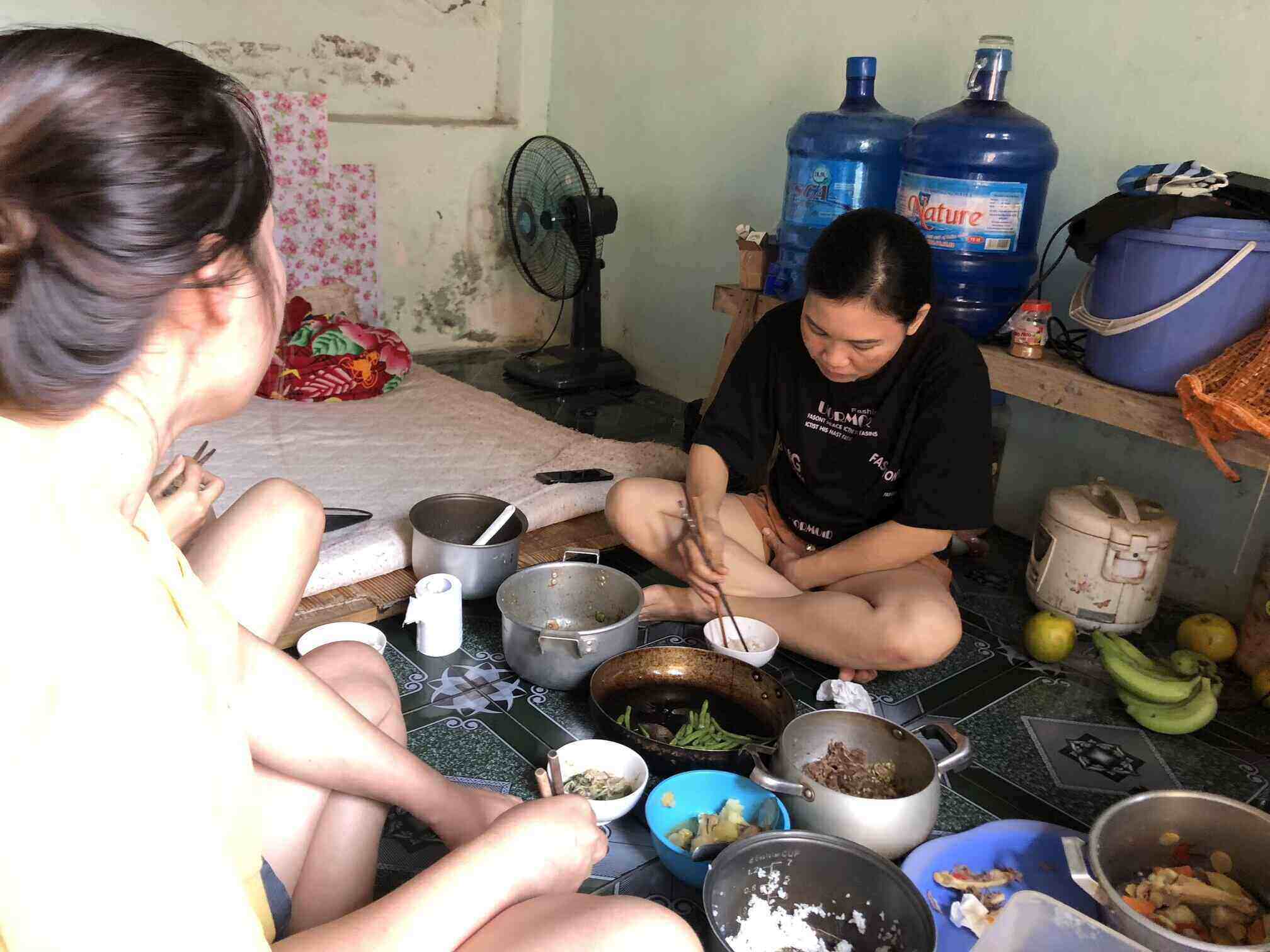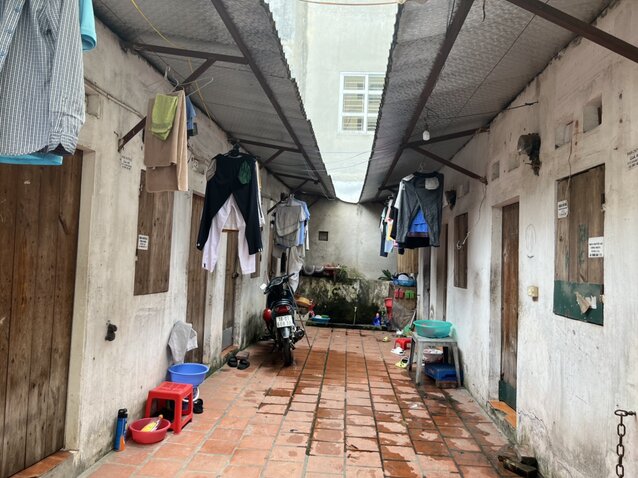At the meeting, the Vietnam General Confederation of Labor proposed two increases of 8.3% and 9.2%, while the Vietnam Federation of Commerce and Industry (VCCI) proposed a lower increase, only from 3-5%. Although there is still a difference in the ratio, the parties agreed that the time to apply the adjustment is from January 1, 2026.
According to a survey conducted by the Vietnam General Confederation of Labor in March - April 2025 in 10 provinces and cities with nearly 3,000 workers participating, the results show that the lives of workers are still very difficult.

54.9% said their income was only enough to cover basic expenses, 26.3% had to save to the maximum, and even live miserably.
A living income makes couples worry about their financial capacity to raise their children. While the cost of raising children, especially the cost of education and health care, is increasingly expensive, they are delaying childbirth to ensure the quality of life for themselves and their families.
Regarding the cost of medical examination and treatment, 44.1% of workers said that their income only ensures the need for basic health care and medical examination and treatment.
38.0% only has enough money to buy some basic drugs; 5.6% is completely unable to buy drugs and medical examination and treatment. The majority of workers do not have the financial capacity to proactively take care of their health comprehensively, especially when they have serious health problems or need long-term treatment...

From this situation, the General Confederation of Labor emphasized that continuing to adjust the regional minimum wage early is important, urgent and extremely necessary for workers and their families.
Ms. Tran Thi Huong (34 years old) - a leather shoe worker in Nam Dinh, shared that the minimum wage directly affects monthly income and social insurance contributions.
After 8 years of working, her basic salary has increased from only 3.1 million to nearly 4.5 million VND, an increase that is too low compared to market prices.
Currently, Ms. Huong's monthly income is about 10 million VND, of which the basic salary is nearly 4.5 million VND, the allowance is 2 million VND and the rest is overtime pay, working at night.
She believes that without overtime, it would be difficult to manage daily expenses. Low basic salary leads to extra work and low overtime pay. If the basic salary increases, the overall income of workers will improve" - she said.
This female worker hopes that from the beginning of 2026, the regional minimum wage will increase by at least 9%. According to her, this is a reasonable increase to ensure the benefits of workers, while still within the competitiveness of the enterprise.
Ms. Nguyen Thi Nga - an electronic components worker in Thang Long Industrial Park (Dong Anh, Hanoi) said that after nearly 10 years of working as a worker, her basic salary is only 7.3 million VND/month.

With a total income of 9-12 million VND per month (including subsidies and overtime), Ms. Nga believes that it is difficult to live comfortably in the capital. After deducting the expenses for renting a house and studying for her children, there is not much left; there are months when there are anniversaries, illnesses, and her salary is not enough to cover expenses.
In the context of continuous increases in rice, food, electricity, gasoline prices while the minimum wage is only adjusted by 6% for two years (2022-2024), Ms. Nga said that the 3-5% increase as proposed by VCCI is not enough to meet the reality of life.











